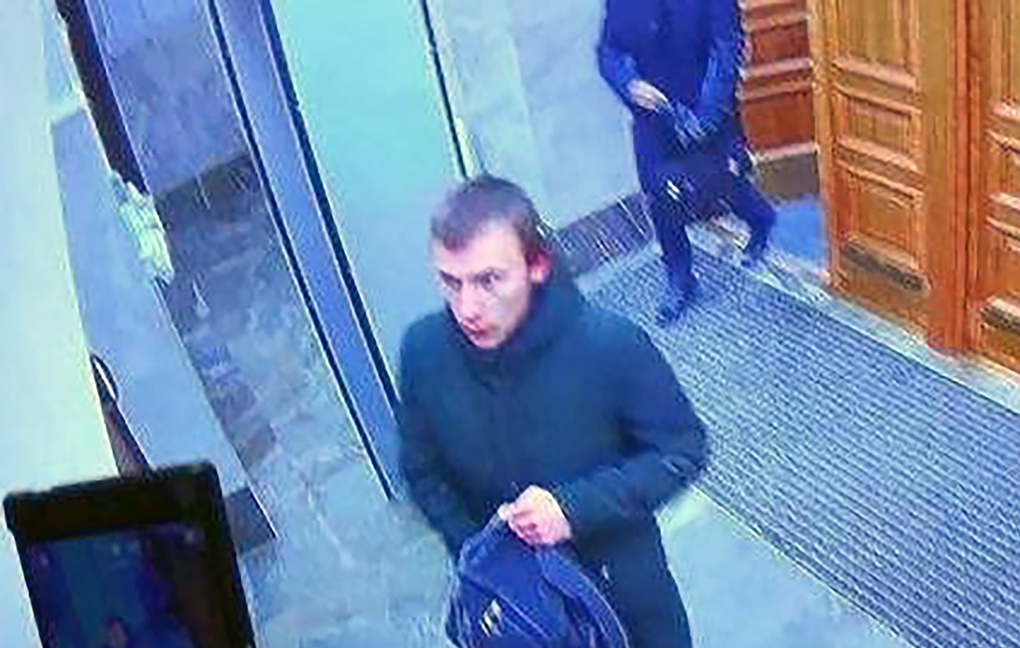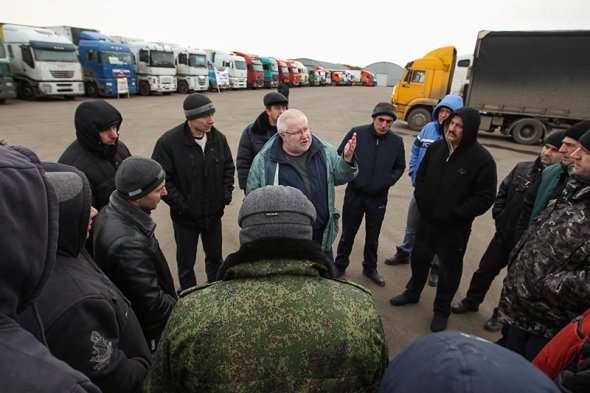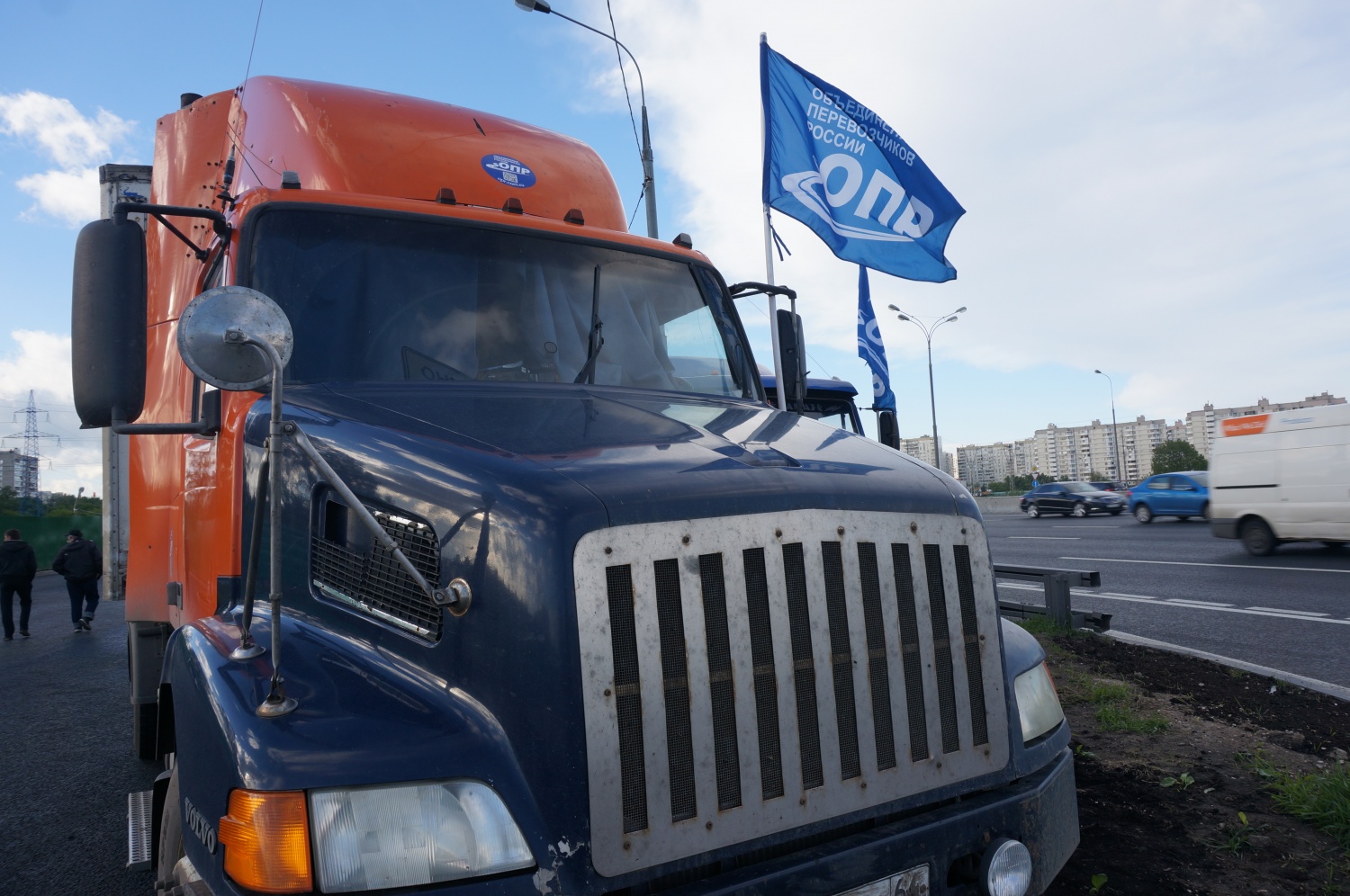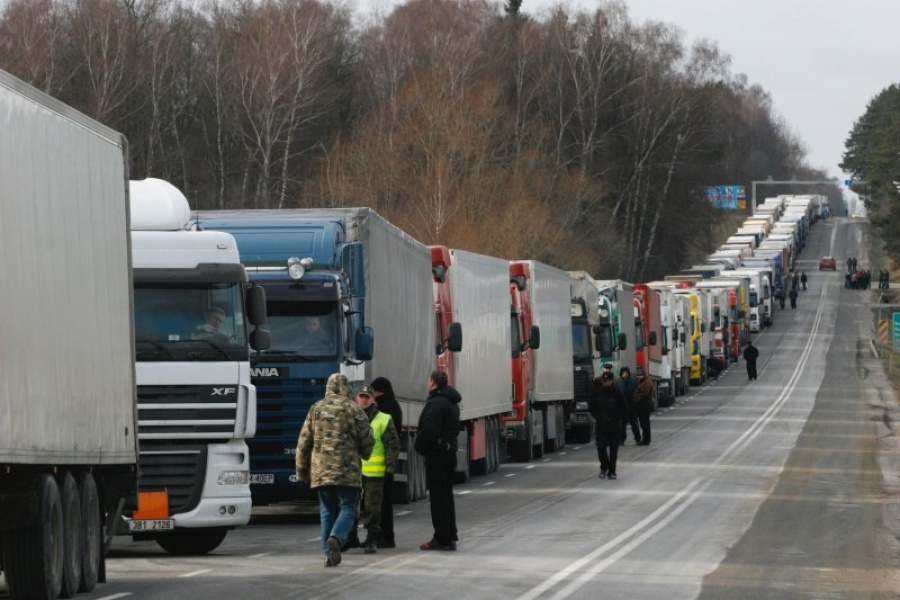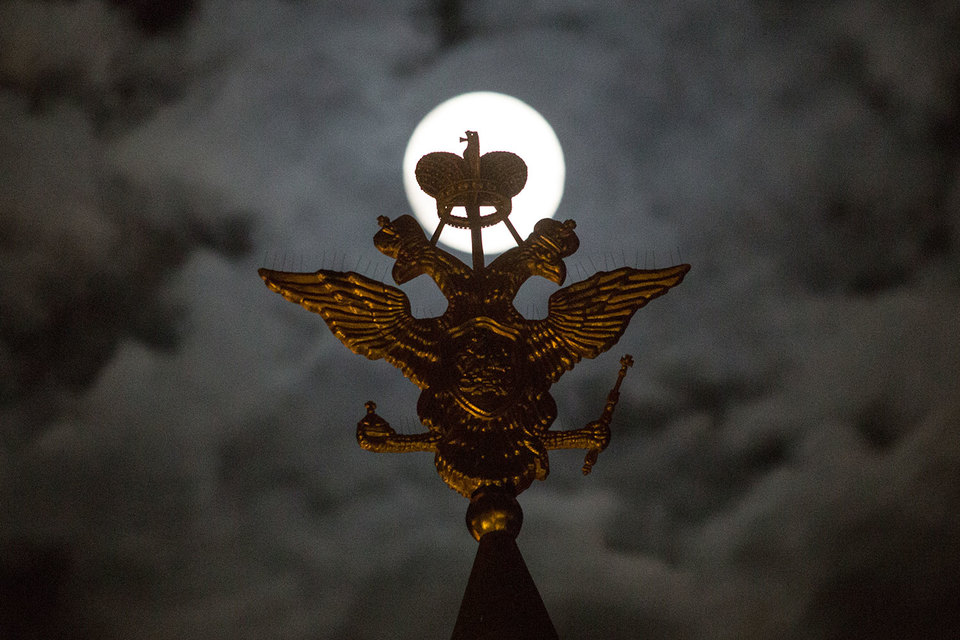Thus, this action marks “the beginning of the end of the construction of the Chekist state and already in the near future we can expect a conceptual shake up or the latest wave of the collapse of the empire.” Three other commentators also suggest that the Arkhangelsk bombing involves more than meets the eye. Israeli analyst Avraam Shmulyevich on the After Empire portal says that it represents the shift from “Muslim terrorism” to “Russian political terrorism” and from attacks on civilians to attacks on the state. The Arkhangelsk bombing, he observes, has its predecessors: “the Primorsky partisans, the blowing up of monuments, the burning of official buildings of the FSB and United Russia [party], and the periodic shooting of policemen.” Now, clearly, it is the turn of “the Russian North, ‘which never knew serfdom.’” Shmulyevich says it is especially noteworthy that“This is a very concerning sign both for the ruling powers that be and for the entire population,” she says. “The Putin regime has not been able to create an ideology which could justify not only the seizure and usurpation of power but also the appropriation of the financial potential of the state.”
Igor Eidman, a sociologist who works as a commentator for Deutsche Welle, suggests that what happened in Arkhangelsk is the rebirth of the Narodnaya volya or SR [Socialist Revolutionary Party - Ed.] movements of the late 19th and early 20th centuries. All the conditions are in place for this both in society and the state, for new revolutionaries and for new secret police spies like Azef. And commentator Mikhail Pozharsky says that the Putin regime has brought this on itself. “If you ban legal politics and persecute people for peaceful action, this will lead to radicalism. If you create ‘terrorists’ out of innocent people with the help of torture, then sooner or later it will come into someone’s head to carry out a real terrorist act.”“the terrorist did not put forward any specific demands. That makes this action typical political terrorism or even a civil war, no longer just terrorism but a war with the system as such.”
Further Reading:
- Only 3% of Russians say they believe Moscow poisoned Skripal
- GULAG was not something far away in Siberia: it was all around, even in Moscow
- US indictment sheds light on the Russian troll factory instruction system
- Chekist Operation Trust — model for Putin’s approach to Russian Church and Russian nationalism, Khazanov-Pashkovsky says
- Propagandist who claimed Ukraine downed MH17 distorted voice via… pot on the head – Russian media
- Putin elite can’t retain power and property without another war, Pastukhov says
- Russian oligarchs in Europe: soccer, churches, and working for the Kremlin
- Apocalyptic predictions about Russian power help Kremlin’s disinformation effort, Pavlova says
- Five common notions about Russia’s disintegration all defective, Shtepa says
- Browder, Navalny and Pugachev likely top Putin’s hit list, Eidman says
- Given rising Russian protests, Putin has three options – and none is good for Ukraine, Portnikov says

